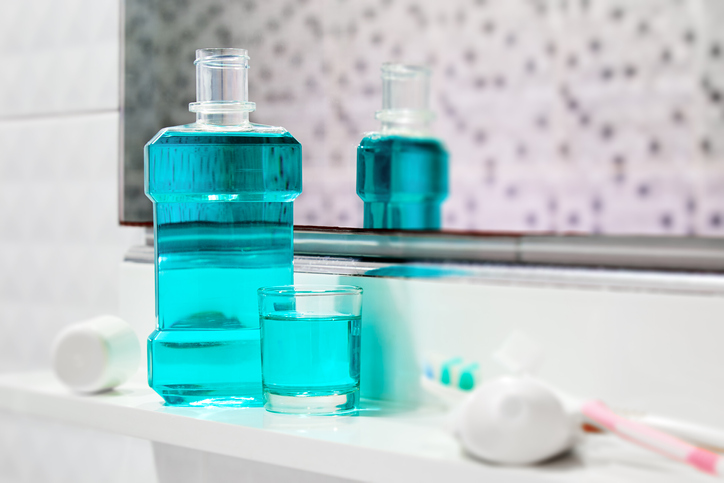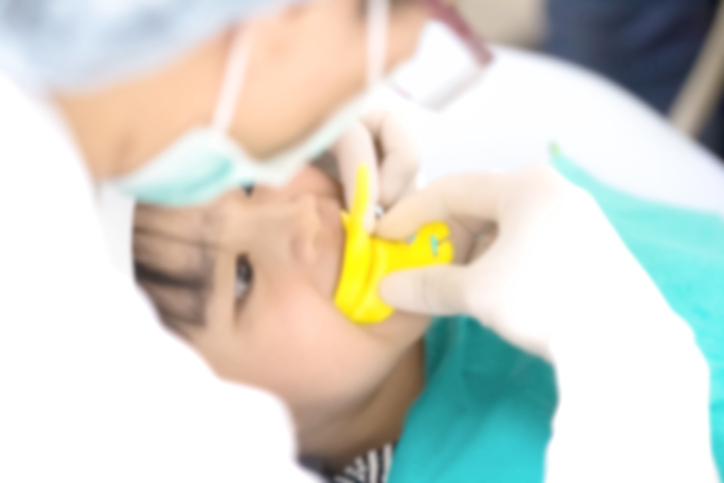
Fluoride is a natural mineral that can strengthen teeth and prevent cavities. It’s an essential ingredient found in various standardized oral hygiene products, ranging from toothpastes to mouthwashes—used to protect tooth enamel from bacteria that harms teeth and gums.
According to the World Health Organization (WHO), exposure to fluoride is a key component in preventing tooth decay. With that in mind, it’s worth taking the time to understand how fluoride treatments work and how they affect our dental health. This blog post will cover the basics of fluoride treatments as well as their benefits and side effects for students in dental training.
Exploring What Fluoride Products and Treatments Are All About
Fluoride treatments and products come in different forms with varying levels of concentration. Unlike the professional treatments provided in dental clinics, store-bought products typically contain lower levels of fluoride. They can be purchased in the form of fluoridated toothpastes and mouth rinses. Alternatively, dentists and graduates of dental assistant school can administer professional fluoride treatments through a concentrated rinse, foam, gel, or varnish—given through a mouthwash, put into a mouth guard, or applied directly to teeth via a brush.
Fluoride treatments can also be prescribed by a dentist, in which fluoride supplements are given to protect sensitive teeth that are highly susceptible to cavities. These treatments are meant to help strengthen teeth and improve dental hygiene. However, chronic use of highly-concentrated fluoride products can also have some negative repercussions.

A Closer Look at the Benefits and Side-effects for Those in Dental Assistant School
After completing your intra-oral dental assistant training, you’ll be able to educate clients on how best to maintain their dental health. Fluoride can be used to help both children and adults improve their dental health. In fact, one study found that children (up to the age of 16) who used fluoride varnishes were 43% less likely to develop cavities. Fluoride works by restoring tooth surfaces, effectively preventing (and, in some cases, reversing) tooth decay. In this way, it can help prevent gum disease and reduce tooth pain.
Despite these benefits, fluoride poisoning should be seriously taken into consideration. Although it’s rare, some individuals (particularly children) could ingest too much fluoride—potentially leading to toxic side effects or allergic reactions. For example, overdosing on fluoride supplements can cause nausea, diarrhea, tiredness, or excessive sweating. That said, a more common side effect could include tooth discoloration.

The Main Takeaway Regarding Fluoride Rinses and Treatments
Interestingly, we naturally consume fluoride through specific foods and tap water. Fluoride treatments are considered additional measures taken to help those with a higher risk of developing dental caries and cavities. Choosing to get fluoride treatments, whether professionally administered or done with at-home dental products, depends on various factors—including the state of a client’s oral health, their diet, and their dental hygiene routine.
The use of fluoride in dental products is generally safe, with its benefits typically outweighing its rare side effects. That said, having these discussions with clients is an essential step in providing the best dental care possible.
Are you interested in going to a dental assistant college?
Contact Medix College for more information!



